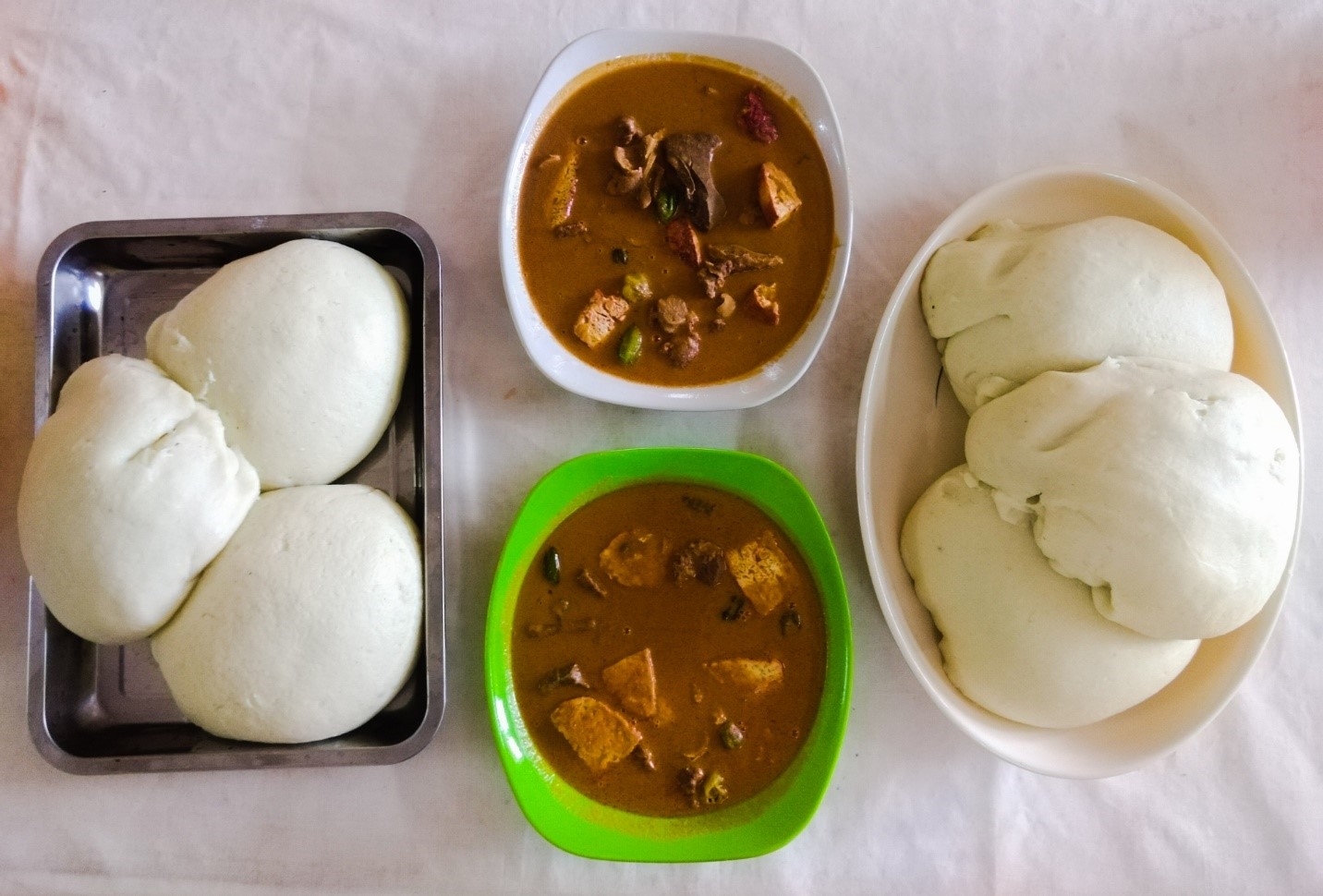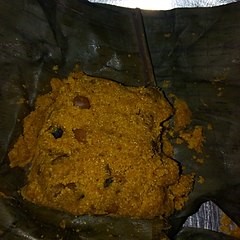Located in Ekiti state, Nigeria, Ayedun stands as a testament to the region's rich history and cultural heritage. While Ekiti state itself came into existence in 1996 by the decree of military dictator Gen. Sani Abacha, Ayedun's roots trace back to a time when it was known as Igbira. Comprising two villages, Oke Ayedun, and Odo Ayedun, this town carries a legacy of traditions, celebrations, and culinary delights that continue to shape the lives of its residents. From the revered festival of Ogun, celebrating the significance of yams, to the communal feast of Emu, symbolizing the harvest of new yams, Ayedun cherishes its cultural and culinary practices.
The Yam Festival: Honoring Ogun and Celebrating Iyan

Within Ayedun, one cultural practice that holds immense significance is the annual Ogun festival, dedicated to the celebration of yams. Yams occupy a revered position in the local cuisine and are an essential part of Ayedun's identity. Iyan, a dish made from pounded yam, reigns as the most beloved culinary delicacy, enjoyed not only by the people of Ayedun but also by the wider Ekiti community.
During the Ogun festival, villagers gather to express their gratitude for the bountiful harvest of yams and to pay homage to the deity Ogun, the Yam God. The festival is marked by vibrant dancing, colorful masquerade appearances, and, most importantly, the rhythmic pounding of yam. The rhythmic beats of the pestle and mortar echo through the air, signifying the celebration of yam's existence and its sacred place in Ayedun's cultural fabric. Iyan can be relished with a variety of soups, allowing villagers to savor the combination of flavors that reflect their personal preferences.
Emu: The Communal Feast Celebrating New Yams
Another significant yam-related celebration in Ayedun is Emu, a festival rejoicing in the consumption of Odo (new yam). Emu reinforces the spirit of unity and sharing among the villagers, emphasizing that the harvest should be enjoyed collectively. Farmers are forbidden from consuming their new yam at home until the festival has been observed.
On the day of Emu, everyone in Ayedun gathers together to savor the freshly harvested yams. The feast is a joyous occasion, promoting a sense of community as each villager partakes in the bounty of the land. The new yams are accompanied by a range of side dishes, enhancing the gastronomic experience and celebrating the flavors of Ayedun's cuisine. Some individuals choose to transform the new yams into Iyan, further demonstrating the versatility and importance of this staple food.
Aadun: Ayedun's Delightful Corn-based Delicacy

While yam takes center stage in Ayedun's culinarytraditions, another local delicacy known as Aadun adds diversity to the town'sgastronomic offerings. Aadun, a dish made from corn, palm oil, sugar, and salt,represents a unique fusion of flavors. Some Ayedun residents elevate the dishby incorporating beans and plantain, enhancing its taste and adding depth tothe culinary experience. The preparation of Aadun involves wrapping the mixturein leaves and allowing it to cook. The resulting dish is served while stillnestled in the leaves, infusing it with a distinctive aroma. Aadun exemplifiesAyedun's ability to transform simple ingredients into a delicious treat thatreflects the town's cultural heritage.
PreservingTraditions in Ayedun
Ayedun stands as a historic town deeply rooted intime and firmly committed to preserving its traditions. The beliefs andcultural practices that have been passed down through generations continue tothrive in Ayedun.
The town's commitment to cultural preservation isevident in the active participation of its residents in various festivals andrituals. These celebrations serve as a reminder of Ayedun's collective identityand the importance of honoring the past while embracing the present.
Beyond the festivals and culinary delights, Ayedunis also home to a diverse range of beliefs and customs. Traditional rituals arestill practiced, reflecting the spiritual beliefs of the community. Theserituals provide a sense of belonging and foster a strong connection between thepeople and their ancestors.
Ayedun's historic significance is also reflected inits architectural heritage. The town boasts a blend of traditional and contemporarystructures, showcasing the evolution of its built environment over time.Visitors can explore historic sites, such as ancient shrines and monuments,which offer a glimpse into Ayedun's rich past.
In recent years, Ayedun has also embraced thepromotion of cultural tourism. Visitors from near and far are welcome toexperience the town's unique traditions, festivals, and culinary delights. Thisnot only provides economic opportunities for the community but also fosters adeeper appreciation for Ayedun's cultural heritage.
As Ayedun evolves, it remains firmly anchored inits history and traditions. The town's commitment to preserving its culturalidentity serves as a source of pride and unity among its residents. Ayedunstands as a shining example of how communities can thrive by cherishing theirpast while embracing the future.
References
Johnson, Tope."Ayedun: A Historical Nigerian Town Preserving Rich Cultural CulinaryTraditions." Family Tree. Accessed June 5, 2023. Familytree.org.
An 86 year old indigen ofAyedun
A 25 year old indigen ofAyedun
Image Sources: iwaria.com,researchgate.net,wikipedia.org
Join the Oriire Community
Become a free member to get the monthly roundup, unlock more challenges, comment on articles and bookmark your favourites





















Share
0 Comments